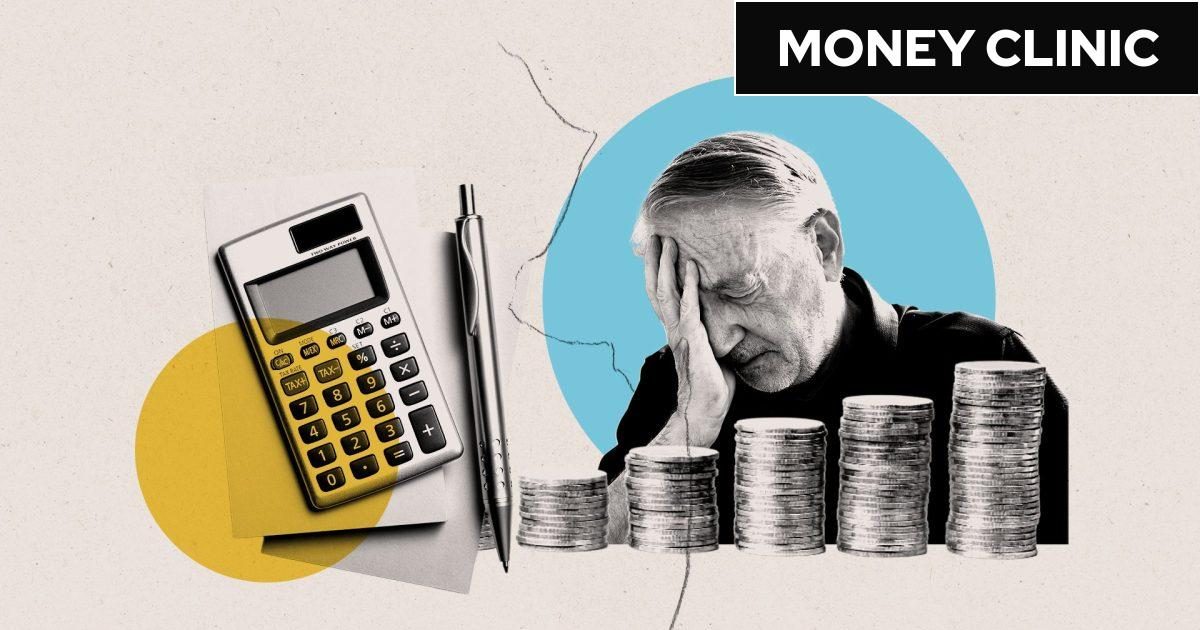A reader wants to know more details about plans to bring pensions within the scope of inheritance tax
In our weekly series, readers can email in with any question about retirement and pension savings to be answered by our expert, Tom Selby, director of public policy at investment platform AJ Bell. There is nothing he does not know about pensions. If you have a question for him, email us at money@inews.co.uk.
Question: My main retirement income will come from my NHS defined benefit (DB) pension, but I also have a small self-invested personal pension (SIPP) and a property worth around £400,000. I’m divorced and want to pass any assets I have to my children when I die, but I’m worried about the impact inheritance tax (IHT) could have on the amount they receive. Is there anything I can do to reduce any potential IHT liability? For example, could I take my DB pension early, at a reduced rate, ahead of IHT on pensions kicking in from April 2027?
Answer: While the decision to bring pensions into the IHT regime will see more beneficiaries dragged into paying a tax widely disliked by many Britons, it’s important not to let this be the sole driver of any decisions you make.
The primary purpose of most people’s pensions is to provide a retirement income and this should continue to be the case following the reforms. Furthermore, IHT will only be payable where you aren’t passing assets to a spouse or civil partner and have exhausted your tax-free allowances (I’ll cover these off later in the article).
In relation to your DB pension, there would be no obvious benefit to taking your pension early. DB pensions usually come with a promise to pay a proportion of your retirement income – often, but not always, 50 per cent – to your spouse or civil partner when you die. Where your scheme allows you to nominate someone who isn’t a spouse or civil partner to receive this pension, this will also not be subject to IHT under the proposed rules.
Any tax-free lump sum you receive from your DB pension in life will become part of your estate for IHT purposes on death, however. In addition, where your DB scheme pays a lump sum on death, this will also be subject to IHT where it is inherited by someone who isn’t your spouse or civil partner.
In relation to your SIPP, any money left in your pot on death will be subject to IHT from April 2027. Assuming you die when the new rules are in place (i.e. from 6 April 2027), if you are aged under 75 then there will usually just be IHT to pay (where you have exceeded your IHT thresholds).
If you die after your 75th birthday, your beneficiaries will pay income tax on any inherited pension when they access the money, as well as IHT.
For example, where someone dies after their 75th birthday, has exhausted their IHT allowances and bequeaths a £100,000 SIPP as a lump sum to a child who is a higher-rate taxpayer, this will be reduced to £60,000 by IHT at 40 per cent, with the remaining £60,000 then subject to 40 per cent income tax, reducing the inherited pot to £36,000.
For your beneficiary, it is possible to hold any inherited pension post-IHT in a tax-free product like a SIPP or an ISA, potentially deferring accessing it in the expectation of becoming a basic-rate taxpayer later in life.
IHT allowances
As I mentioned earlier, IHT will only become a factor if you have exceeded your available IHT thresholds. In 2025/26, the nil-rate band (the value of assets that will not be subject to IHT) is set at £325,000 per person.
In addition, you benefit from an additional nil-rate band on your main residence of £175,000, meaning it is possible to pass on £500,000 of total assets without an IHT tax charge being payable. For married couples these nil-rate bands are transferrable, meaning up to £1m could be passed on completely IHT-free.
While IHT shouldn’t be the only thing driving your retirement decisions, the first thing to do when considering any implications is to figure out how likely you are to have assets worth more than these thresholds on death.
If you think you will face an IHT liability and want to mitigate this, you could consider taking advantage of lifetime gifting rules which can reduce or even eliminate any IHT bill.
For example, you can gift up to £3,000 to a non-spouse or civil partner each tax year without any IHT being due. You can also make unlimited lifetime gifts, which will be subject to the ‘seven year rule’ – which essentially means if you survive for seven years after making the gift, no IHT will be due.
If, however, you die within that period, there will be an IHT charge on any gifts made above your available nil rate band. If you die within three years your estate will pay the full 40 per cent. If you die between three and seven years of making the gift, your estate will be subject to IHT at a reduced rate.
It is also possible to make regular payments to another person without these being subject to IHT. There’s no limit to how much you can give tax free in this manner, as long as you can afford the payments after meeting your usual living costs and the gift comes from your regular monthly income (which could include pension income).
The rules around this, and IHT in general, are quite complicated and it’s easy to make mistakes, so I’d strongly recommend speaking to a regulated adviser before taking any decisions.

